In a heavily skewed election, President Paul Kagame of Rwanda won a landslide victory with 99.15 percent of the vote.
Only two opposition candidates were allowed to run against him.
Given that Kagame has held a firm grip on power in the small African nation for three decades, first as de facto leader and then as president, the outcome of Monday’s election was inevitable.
Provisional results released by the election commission seven hours after the polls closed indicated that Kagame had secured an overwhelming 99.15% of the vote, surpassing his previous record of 98.79% in the preceding election seven years prior.
According to the partial results, which accounted for 79% of the total ballots, Frank Habineza of the Democratic Green Party garnered a mere 0.53%, while independent candidate Philippe Mpayimana trailed behind with 0.32%.
In an address from the headquarters of his ruling Rwandan Patriotic Front (RPF), the 66-year-old thanked Rwandans for giving him another five years in office.
He said: “The results that have been presented indicate a very high score; these are not just figures; even if it were 100 percent, these are not just numbers.
“These figures show the trust, and that is what is most important. I am hopeful that together we can solve all problems.”
The election commission is expected to release the complete provisional results by July 20, followed by the final and official results on July 27.
The National Electoral Commission said in a statement: “In general, the electoral process happened in a safe and transparent atmosphere for Rwandans living abroad and at home.”
Given that 65% of Rwanda’s population is under the age of 30, the majority of Rwandans have grown up with Kagame as their only experience of a national leader, having been in power for their entire lives.
Kagame, 66, has been instrumental in rebuilding Rwanda following the devastating 1994 genocide, but his leadership has also been marked by allegations of authoritarian rule and fostering unrest in the neighbouring Democratic Republic of the Congo.
Approximately nine million Rwandans, including two million first-time voters, were eligible to vote in this election, which saw the simultaneous holding of the presidential and legislative elections for the first time.
Kagame has consistently won landslides in past elections, securing over 93% of the vote in 2003, 2010, and 2017, when he again decisively defeated the same two opposition candidates, Frank Habineza and Philippe Mpayimana, who have now become familiar challengers in his presidential bids.
He has been instrumental in introducing contentious constitutional changes that reduced the presidential term from seven years to five and also effectively reset the term limit clock, enabling him to potentially remain in power until 2034, further solidifying his grip on the country’s leadership.












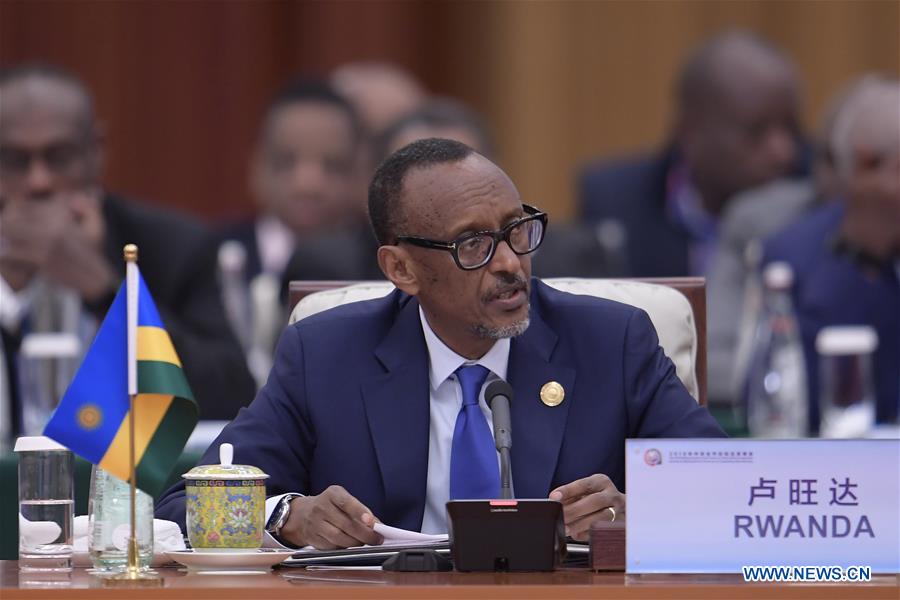

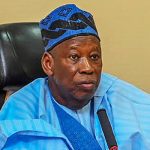






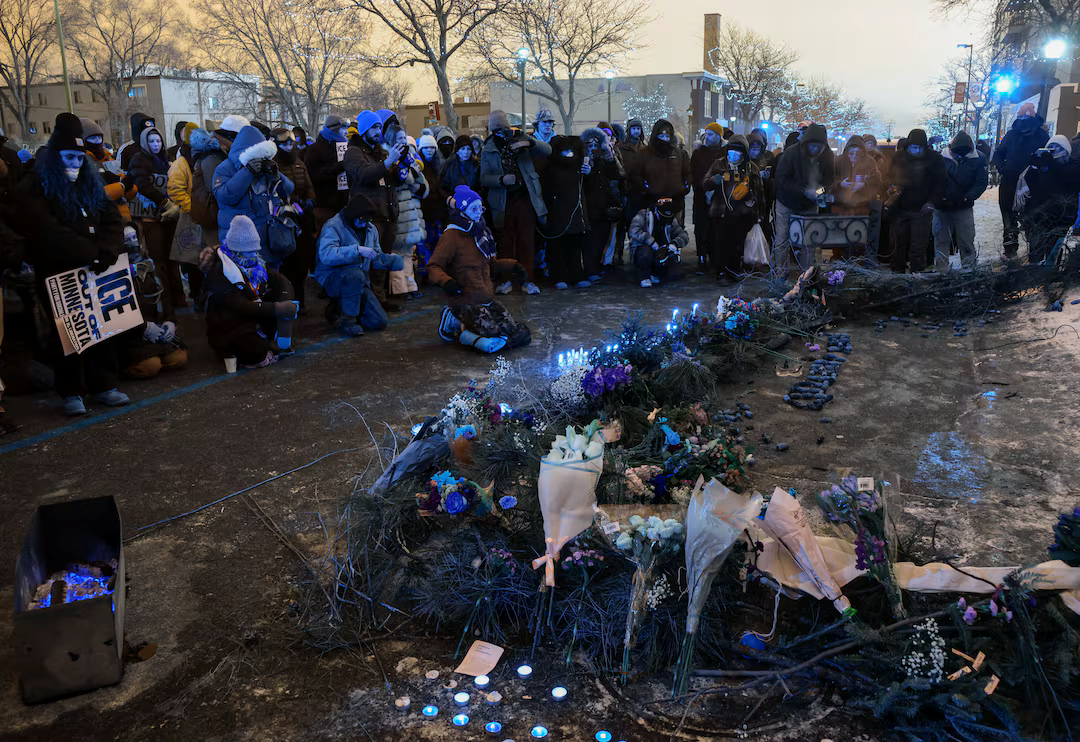
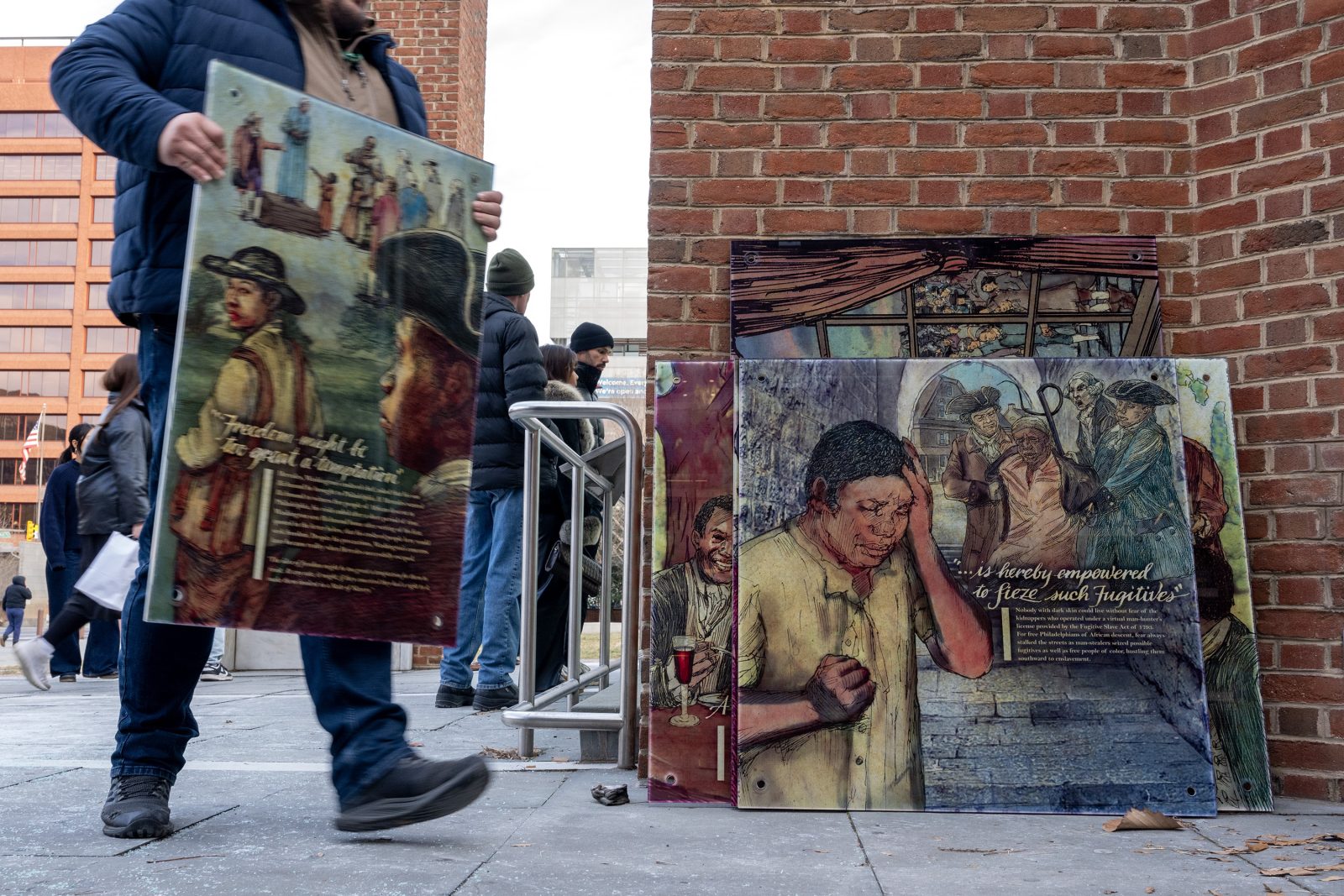

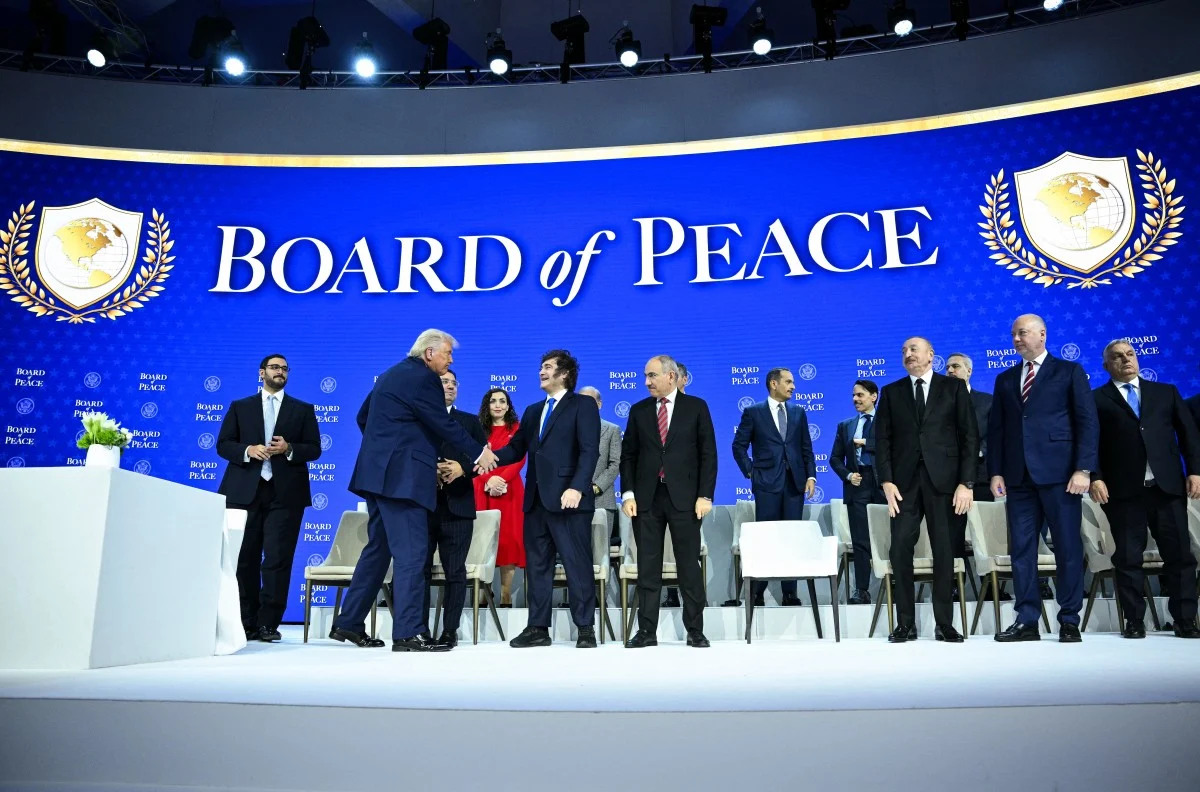
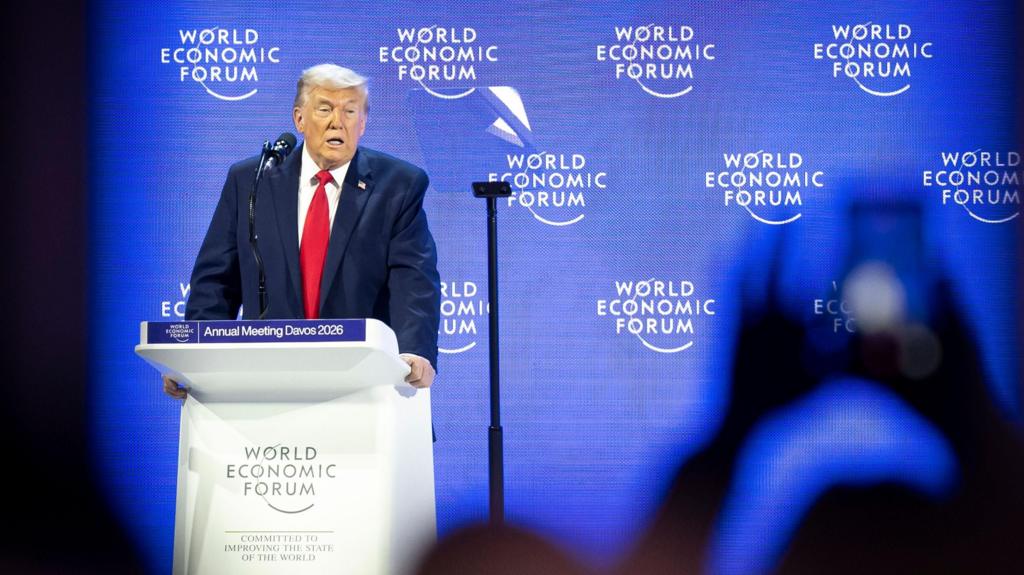
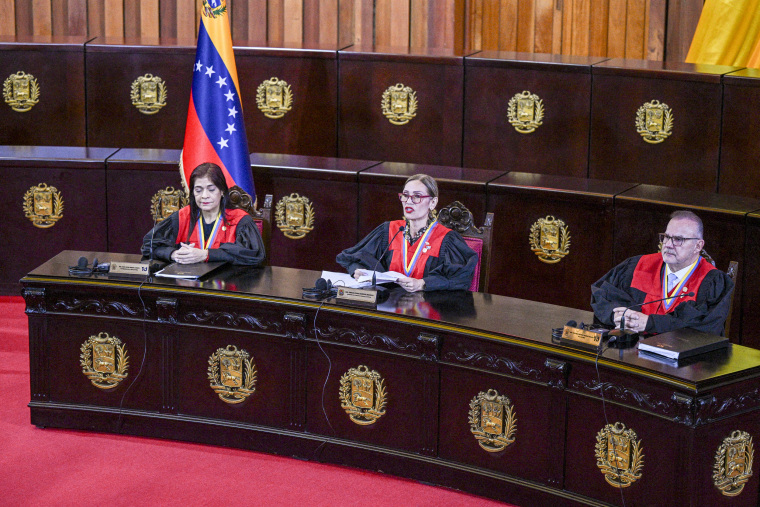
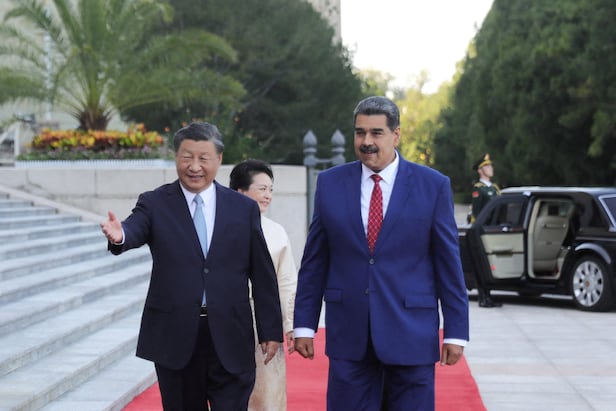
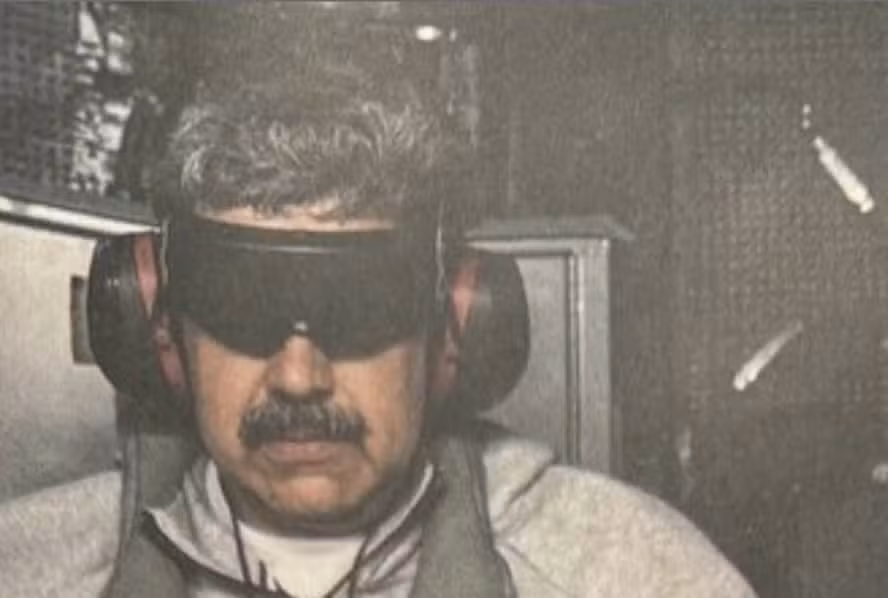
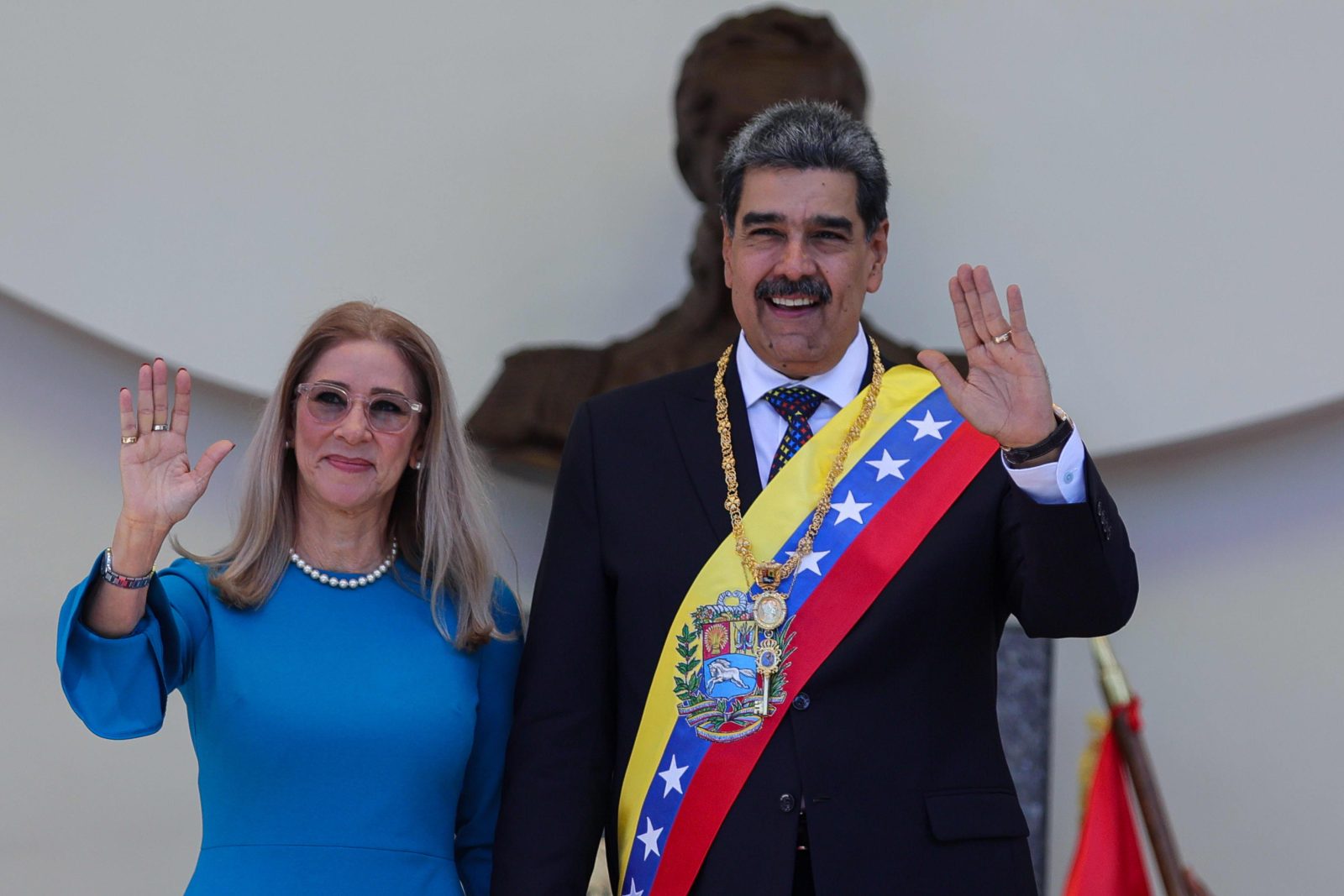

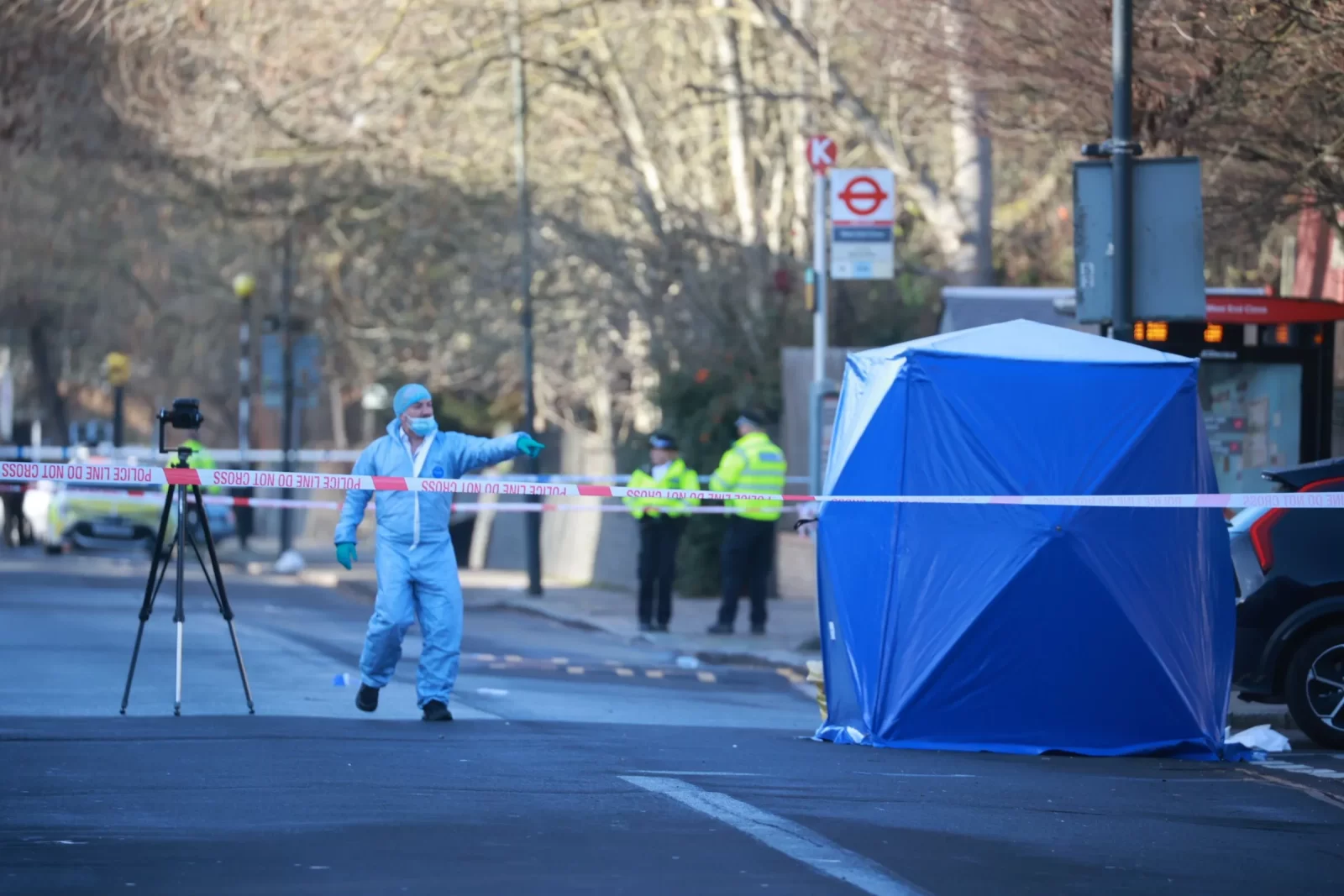



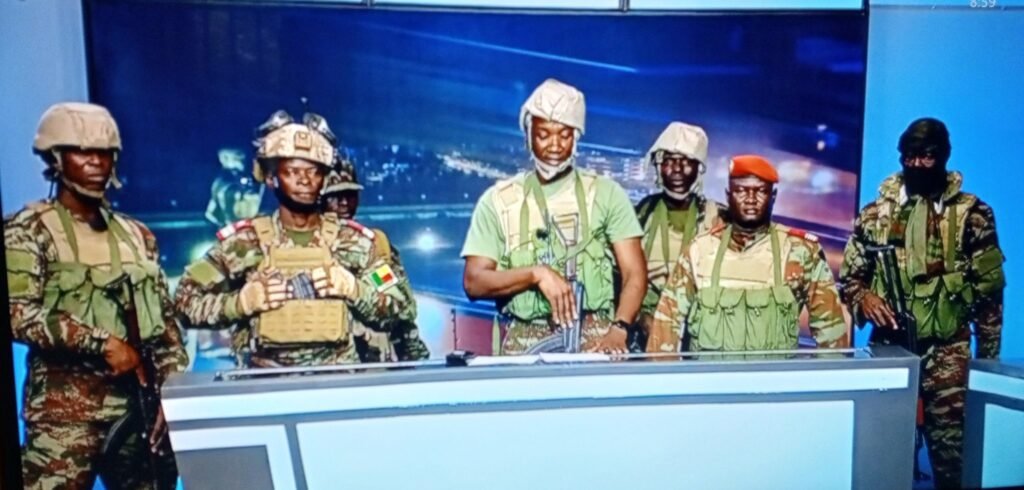
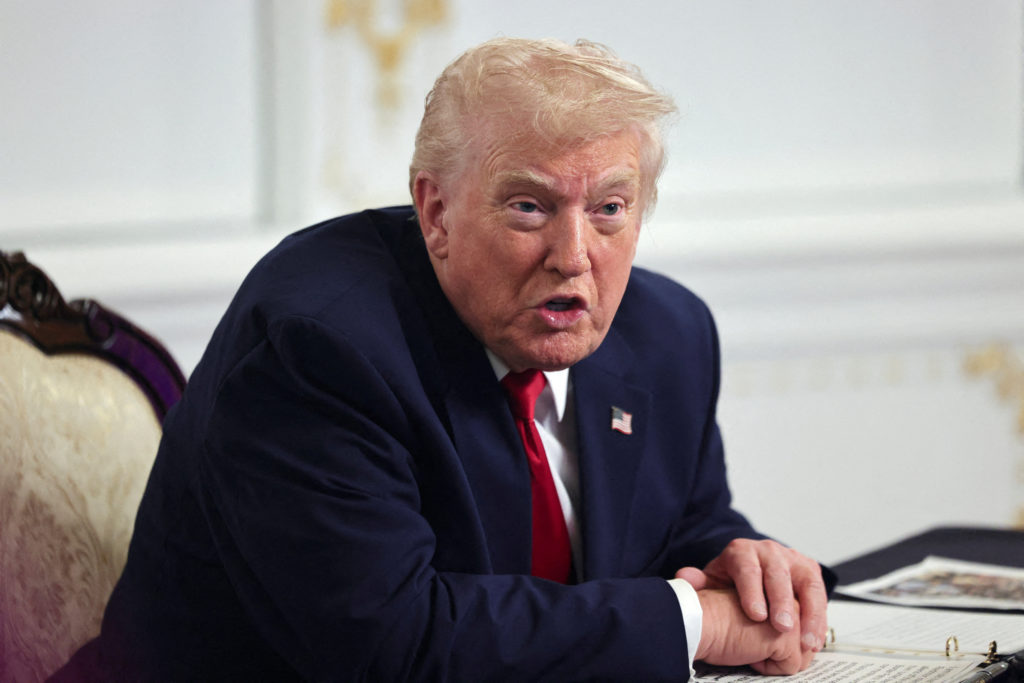
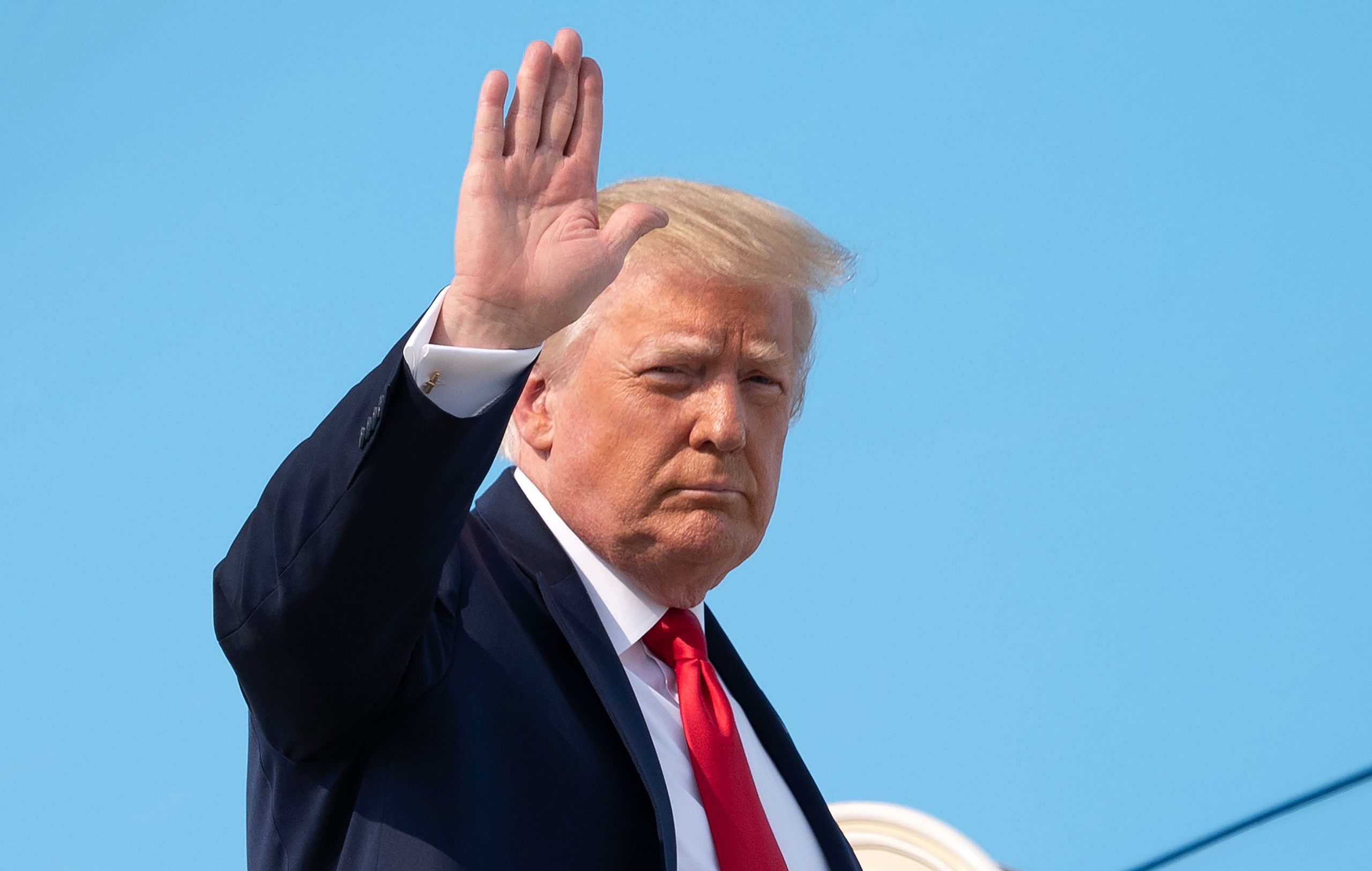
Leave a comment